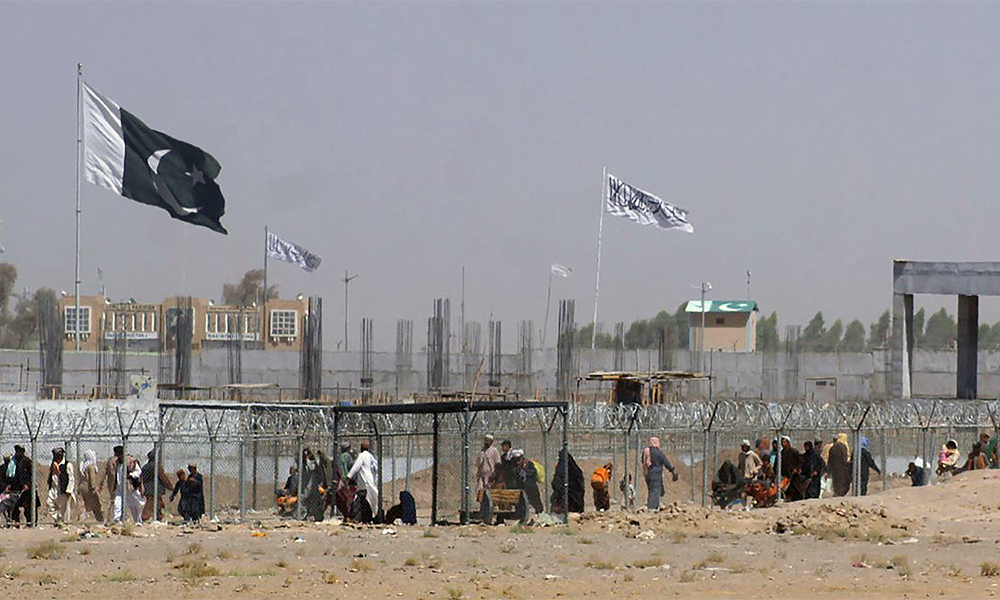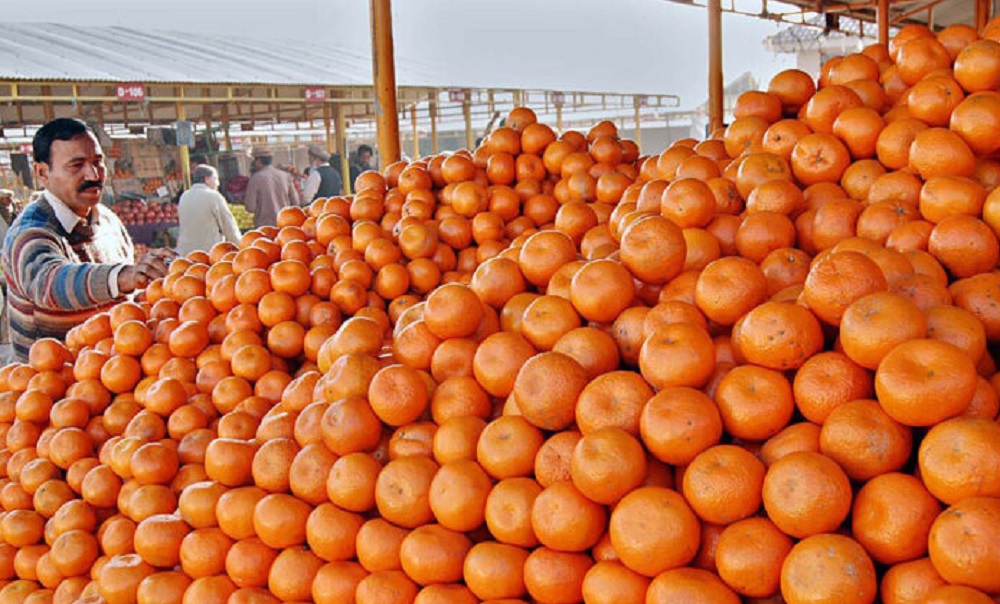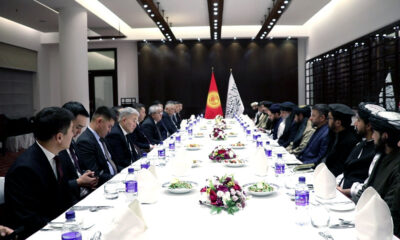Business
Pakistan’s Chaman border, closed for days due to fear of Afghans influx

A day after protesters took to the streets of Chaman in Pakistan to demand the re-opening of the border crossing into Afghanistan, scores were seen waiting by the border road on Saturday.
Hundreds of people are stranded on both sides of the Chaman border crossing that has been closed for almost two weeks now, Reuters reported.
“This border has been closed for the last 13 days. We have been sitting here for the past 13 days for it to open. We come here at 8:00 in the morning, but by 10:00 we go back, because they (officials) are saying it could not open for months. Whatever money we had earned, we have spent all of it here,” said Sami Ullah, a laborer from Baghlan province who had gone to Karachi for work.
Pakistani officials have said the border has been temporarily closed apparently due to the fear of an influx of Afghans who want to leave their homeland after the Islamic Emirate of Afghanistan (IEA) seized power in August.
Chaman border crossing , the second-largest commercial border point with Afghanistan after the Torkham commercial town in Khyber Pakhtunkhwa, links with Spin Boldak in the Afghan province of Kandahar, and is used by thousands of labourers, as well as traders, from both countries on a regular basis.
On Friday, thousands of traders took to the streets of Chaman, some on horseback, demanding that the border be opened, Reuters reported.
According to reports, thousands of Afghans have been gathering near the border in their efforts to sneak into Pakistan which has already announced that it was not in a position to accept more refugees.
Already around three million Afghan refugees are already living in Pakistan, some for more than three decades, since the invasion of their country by the Russians in 1979.
Pakistan officials say they fear around a million more would enter the country if border regulations are relaxed.
Business
Pakistan’s kinno exports falter as tensions with Afghanistan continue

Pakistan’s kinno exports remain far below potential as regional tensions, high freight costs and weak government support continue to choke the citrus trade.
Despite being a leading global citrus producer, Pakistan is expected to export just 400,000–450,000 tonnes of kinno in the 2025–26 season, compared with an estimated capacity of 700,000–800,000 tonnes.
Exports in 2024–25 stood at around 350,000–400,000 tonnes, mainly to Russia, the UAE, Saudi Arabia, Afghanistan, Indonesia and Central Asia. While better fruit quality this season has raised hopes, persistent crossing disruptions—especially with Afghanistan—and transport bottlenecks have offset gains.
Growers say prices have collapsed sharply, forcing panic sales. Rates for large kinno have fallen from over Rs120 per kg early in the season to as low as Rs75, while smaller fruit is selling for Rs35–40 per kg amid weak demand.
Industry leaders warn the crisis is crippling processing units and jobs. More than 100 factories reportedly failed to open this season, with dozens more shutting down as exports stall. Cold storages in Sargodha are nearly full, putting fruit worth millions of dollars at risk of spoilage, while growers fear losses of up to Rs10 billion.
Exporters are urging the government to urgently resolve issues, subsidise logistics, and help access alternative markets, warning that prolonged inaction could devastate farmers, workers and the wider economy.
Business
Pezeshkian pledges to facilitate Iran-Afghanistan trade

Iranian President Masoud Pezeshkian has said that Tehran will facilitate trade and economic exchanges with Afghanistan, including easing procedures at customs and local marketplaces.
He made the remarks during a televised interview following his visit to South Khorasan province, which shares a border with Afghanistan.
Pezeshkian, in a separate event addressing local business leaders, highlighted the province’s strategic advantages, citing its rich mineral resources, proximity to neighboring countries such as Afghanistan and Pakistan, and access to the ocean via the Chabahar port. He described the region as “a golden opportunity not found everywhere,” emphasizing its potential for economic growth and cross-border commerce.
Business
Afghanistan-Kazakhstan banking ties discussed in Kabul meeting
-

 International Sports5 days ago
International Sports5 days agoILT20: Abu Dhabi Knight Riders end Desert Vipers’ unbeaten run in dramatic one-run win
-

 Latest News3 days ago
Latest News3 days agoAfghan border forces prevent illegal entry of hundreds into Iran
-

 Latest News2 days ago
Latest News2 days agoPakistan summons Afghan diplomat over deadly attack in North Waziristan
-

 Business5 days ago
Business5 days agoMahirood Customs leads Iran’s exports to Afghanistan
-

 Latest News5 days ago
Latest News5 days agoAfghanistan, Kyrgyzstan discuss expanding trade and economic cooperation
-

 Latest News3 days ago
Latest News3 days agoJapan allocates nearly $20 million in humanitarian aid for Afghanistan
-

 Latest News2 days ago
Latest News2 days agoKarzai urges reopening of girls’ schools and universities for Afghanistan’s bright future
-

 Health4 days ago
Health4 days agoAfghanistan seeks India’s support in standardizing traditional medicine

























